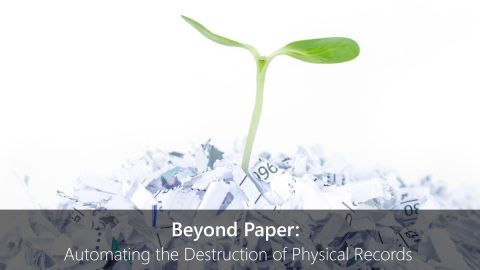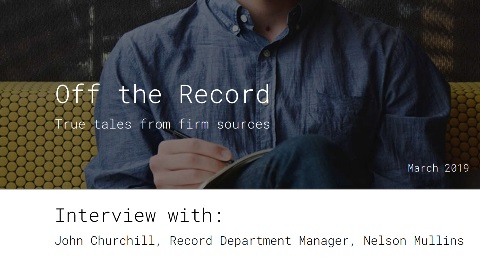Some Copy on Copyrighting the Law (Georgia, Peaches & Pacer)
Posted on
More in the tune of legal ethics, I’ve been fascinated to see some stories percolate on the theme of access to the law — not representation, the actual words. Here are a few stories and updates of that ilk:
- “When we last checked in with Carl Malamud and his Public.Resource.Org, they were celebrating a huge victory in Georgia, where the 11th Circuit had ruled that of course Malamud was not infringing on anyone’s copyrights in posting the “Official Code of Georgia Annotated” (OCGA) because there could be no copyright in the law.”
- “Last week Malamud sent a letter describing how the state is now trying to block him from purchasing a copy of the OCGA. He’s not looking for a discount or any special deal. He wants to buy the OCGA just like anyone else can. And the state is refusing to sell it to him, knowing that he’s going to digitize it, put it online and (gasp) make it easier for the residents of Georgia to read their own damn laws…”
- More history on this issue, and a call for interested parties to sign on to an amicus brief heading to the Supreme Court.
“Can the law by copyrighted” —
- “The question is at the center of a lawsuit involving YC-backed UpCodes and the nonprofit that develops the most widely used building codes in the U.S… UpCodes wants to fix one of the building industry’s biggest headaches by streamlining code compliance. But the Y Combinator-backed startup now faces a copyright lawsuit filed against it by the International Code Council, the nonprofit organization that develops the code used or adopted in building regulations by all 50 states.”
- “The case may have ramifications beyond the building industry, including for compliance technology in other sectors and even individuals who want to reproduce the law. At its core are several important questions: Is it possible to copyright the law or text that carries the weight of law?”
- “UpCodes’ first product, an online database, gives free access to codes, code updates and local amendments from 32 states, as well as New York City. For building professionals and others who want more advanced search tools and collaboration features, UpCodes sells individual and team subscriptions.”
- “It argues that its use of building codes is covered by fair use. The ICC, on the other hand, claims that products like UpCodes’ database harm its ability to make revenue and continue developing code. The ICC wants UpCodes to take down the building code on which it claims copyright, and has also sued for damages.”
- “A lawsuit filed by the state of Georgia’s Code Revision Commission in 2015 sought to stop it from publishing the Official Code of Georgia Annotated (OCGA) after founder Carl Malamud purchased a hard copy of the OCGA, scanned it and sent copies on USB sticks to Georgia legislators. The Code Revision Commission argued that the annotations they wrote placed it under state copyright, but the Eleventh Circuit ruled in Public.Resource.org’s favor last year.”
- “One difference between the Public.Resource.org cases and UpCodes’ is that Public.Resource.org is a non-commercial group, a fact that strengthens their fair use argument. UpCodes, on the other hand, is a commercial company, which will become part of the fair use analysis if their case makes it to trial.”
Colorful titls from Above the Law at the end: “PACER, Or Your First Amendment Right To Go F**k Yourself For $0.10/Page” —
- “Many have complained, but few have complained as eloquently as Seamus Hughes, the deputy director of George Washington University’s Program on Extremism. His op-ed for Politico is definitely worth reading. It highlights everything wrong with the PACER system, including its amazing profitability.”
- “This money is supposed to be used to improve PACER and fund other U.S. Courts’ efforts. A visit to PACER makes it clear none of that money is being routed towards making PACER less awful. At least one federal court has ruled the way the U.S. Courts spend this money is illegal.”









